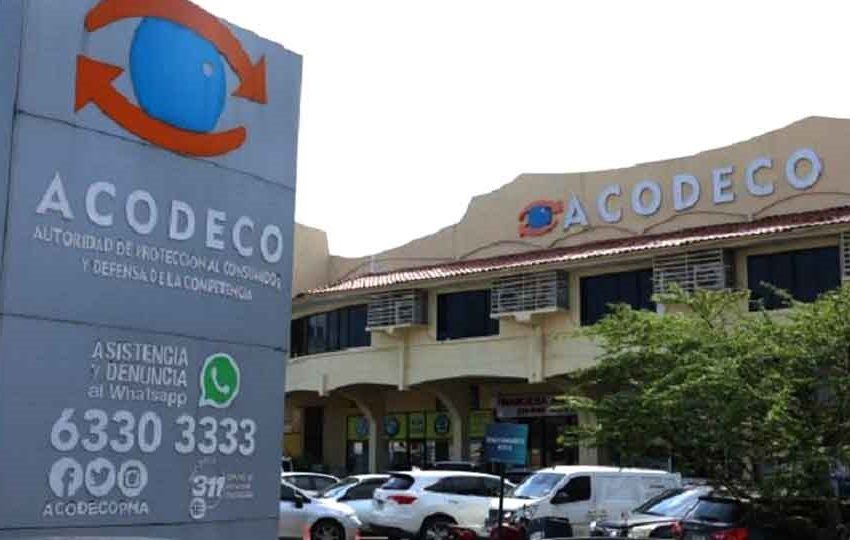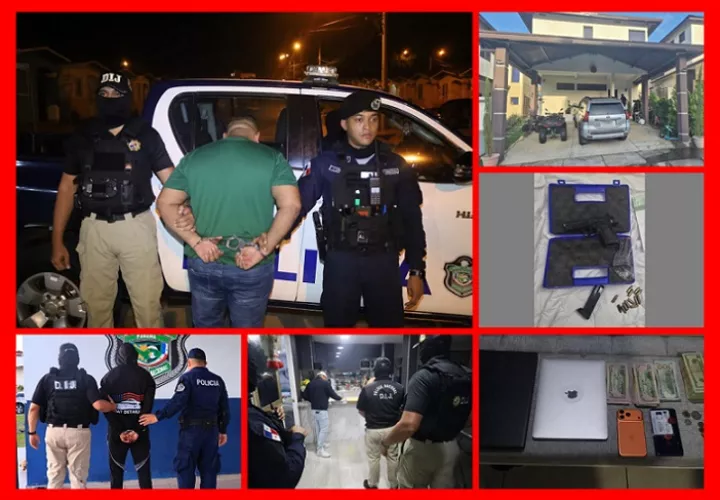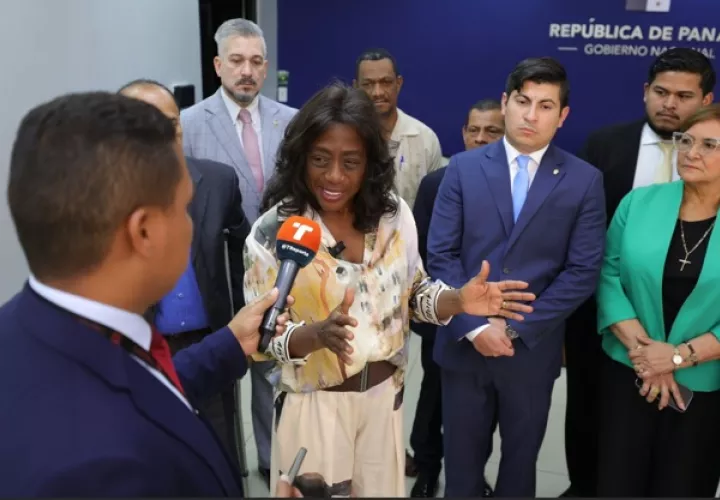OFF THE CUFF: New Evangelical party

TWENTY-FIVE years after a previous failed attempt at making a mark on the political scene Panama’s evangelical leaders have announced plans to make another tilt at the political windmill.
Their platform will include measures to rein in perks for the president, deputies and The Supreme Court, ideas which are shared by other citizen groups and resonate with many sectors of the electorate.
The previous evangelical charge was the 1992 founding by the Assemblies of God of the National Unity Mission (MUN).
 The new attempt began in March this year, when a founding caucus of lawyers, business owners and union leaders backed by the Reform Action Movement formalized their aspirations to become a political force by forming the Independent Social Party (PAIS) with, The Reform Action Movement is composed of religious leaders and Christian pastors.
The new attempt began in March this year, when a founding caucus of lawyers, business owners and union leaders backed by the Reform Action Movement formalized their aspirations to become a political force by forming the Independent Social Party (PAIS) with, The Reform Action Movement is composed of religious leaders and Christian pastors.
In 1992 the MUN succeeded in passing the enrollment quota of 21,000 which allowed it to participate in the general elections of 1994. It gained little support on the presidential hustings and won no seats in the National Assembly.
The group was dissolved that same year by the Electoral Tribunal (TE).
The new protagonists, of the PAIS affirm that they will achieve the goal of maintaining themselves as a party made up of people committed to family values, which ensures more arrows in the quiver of opponents of sex education in schools, and legalization of gay marriages.
José Alberto Álvarez, president of the National Bar Association will serve as president of the party; Pastor Orlando Quintero, first vice president; The lawyer Rubén Elías Rodríguez will be second vicepresident;
The group now has to approve a constitution.
“One of the great promises of the current president [Juan Carlos Varela] is the Constitution and what we have as a goal, is to be able to register new laws and strong provisions to combat corruption, and to increase penalties, ” Álvarez said.
In December 2014, Varela undertook to convene a parallel constituent assembly in the first two years of his administration. But this has not happened yet, and with his tortoise reputation, seems unlikely to be on the cards for the second half of his mandate, when his attention is on preparations for the visit of Pope Francis to a Catholic World Youth gathering in Panama in early 2019.
The leaders of the PAIS say that their reforms would seek to take privileges from the president, deputies, and judges of the Supreme Court, as well as combat crime.
If PAIS becomes a reality, it will increase to 11 the number of parties able to field a presidential candidate to 8, as the CD has split into three factions.





